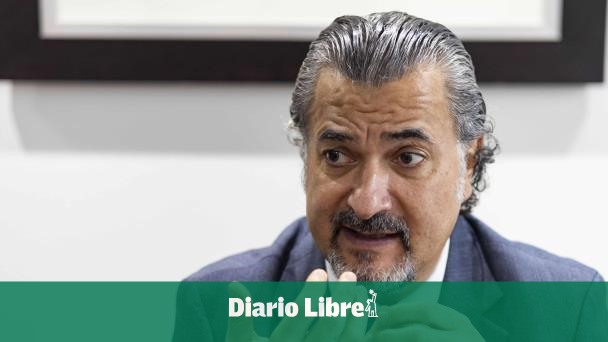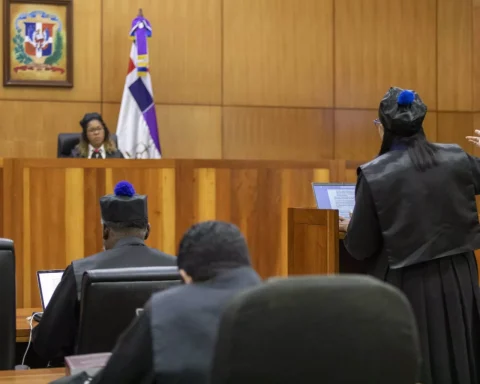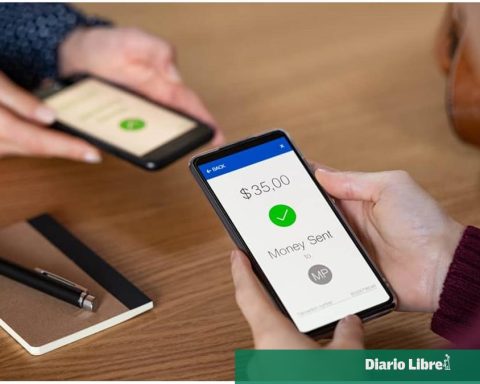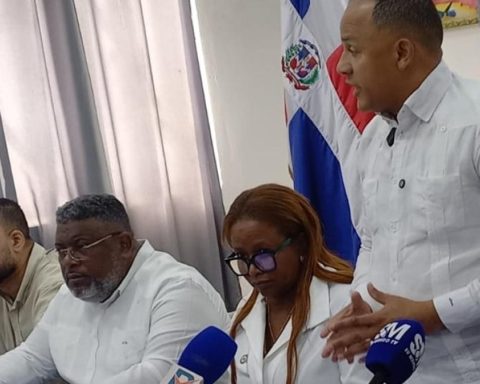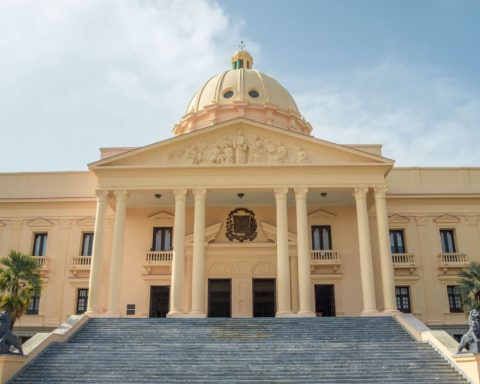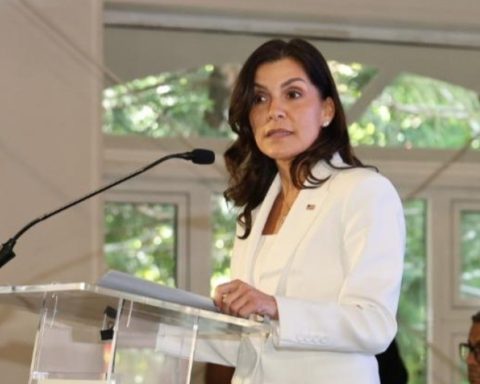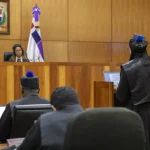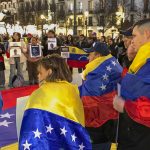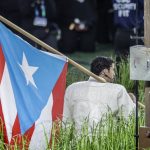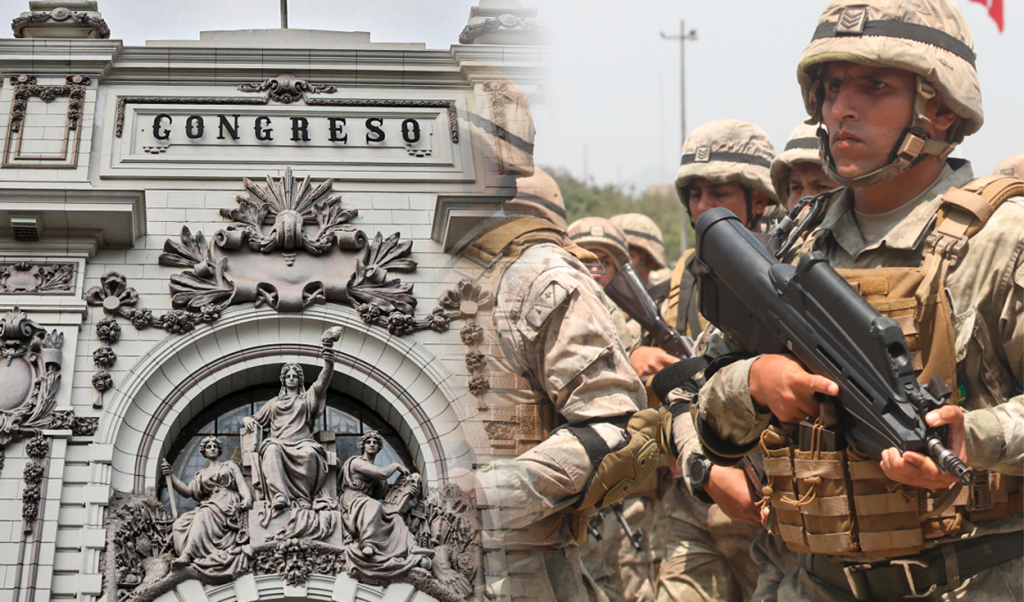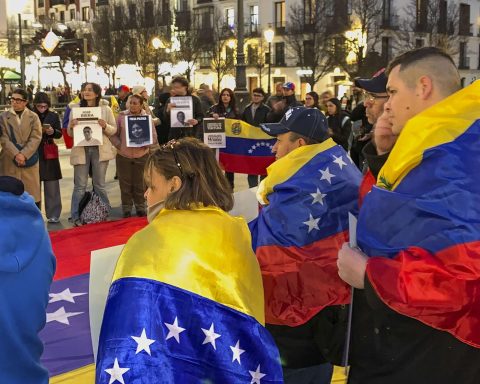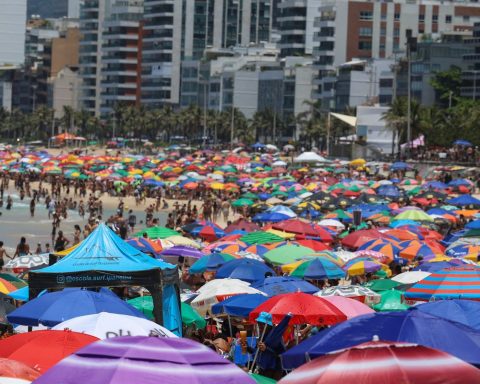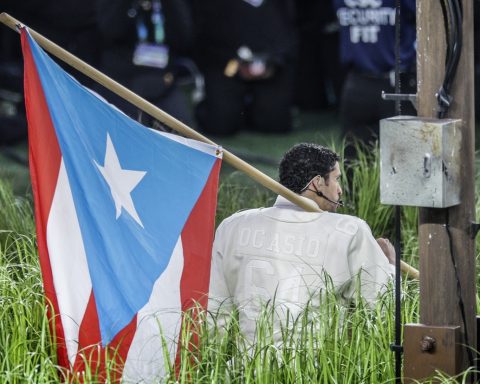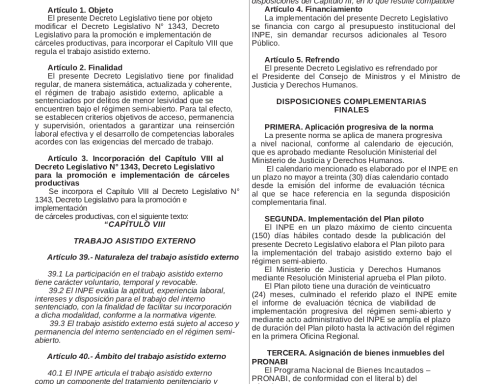The education Inclusiveness is an issue that has been in the spotlight. Over time, its importance has been established, recognizing the right of children to receive the bread of education regardless of their specific needs, but is the country prepared to provide the same educational quality to students with disabilities.
During the visit of the United Nations Children’s Fund (UNICEF) to Diario Libre, Carlos Carrera, representative of the organization in the country, established that the Dominican Republic has made progress in this aspect, but there is still a long way to go.
“That children with disabilities are in the classroom is not inclusion, that is simply that they are in the classroom, but the center needs to have the pedagogical, physical, methodological and human conditions so that these children can truly reach their potential and integrate well in class,” he said.
Likewise, he explained that this organization, together with the Ministry of Education (Minerd), is working on a model project to lay the foundations for how the education inclusive. He revealed that this policy will be integrated into the project to modify the law of Education.
The Model Scale Plan Education Inclusiva plans to reach 100 schools between 2024 and 2027, with the aim of benefiting nearly 50,000 students with specific needs of all ages.
Carrera indicated that, although the Dominican state has interest and commitment to this aspect of the educationyou could “go faster.”
In addition, he pointed out that one of the challenges facing the government is the training of teachers so that they can provide the necessary tools for the training of students with specific needs. “We are in the process with the government of developing these capabilities.”
He added: “We have to gradually look for solutions so that the public schools themselves have those means, in this case additional support staff, reinforcement, so that they are truly inclusive schools,” he commented.
Likewise, he expressed that disability cannot be a factor by which children are discriminated against, since everyone has the right to play, participate, be educated, have affection and friends.
School violence
Another educational aspect addressed by UNICEF during his visit was violence in the educational environment, in that sense, he recalled that he is working hand in hand with Minerd to accompany students in their behavioral training, so that they learn to manage their emotions.
Through Culture of Peace, they seek to mitigate violence in schools, linked to teachers, parents and students and providing psychological support.
“It is not easy to eradicate violence completely, but we do see that this program has a good impact. At school you can do part of it, but you cannot address everything,” Carrera said.
The representative of the United Nations Children’s Fund (UNICEF) Carlos Carrera explained that they are collaborating with the National Institute of Comprehensive Early Childhood Care (Inaipi) and the Ministry of Education (Minerd) in programs to improve the quality of life of the children. With Inaipi they are developing a pilot initiative to provide parents with the tools with which they will carry out respectful parenting. Likewise, with Minerd, it is carrying out the Con Base program, to strengthen the learning of literacy and mathematics in students from first to third grade at the primary level. A project that involves teachers, providing tools to facilitate learning for students.
